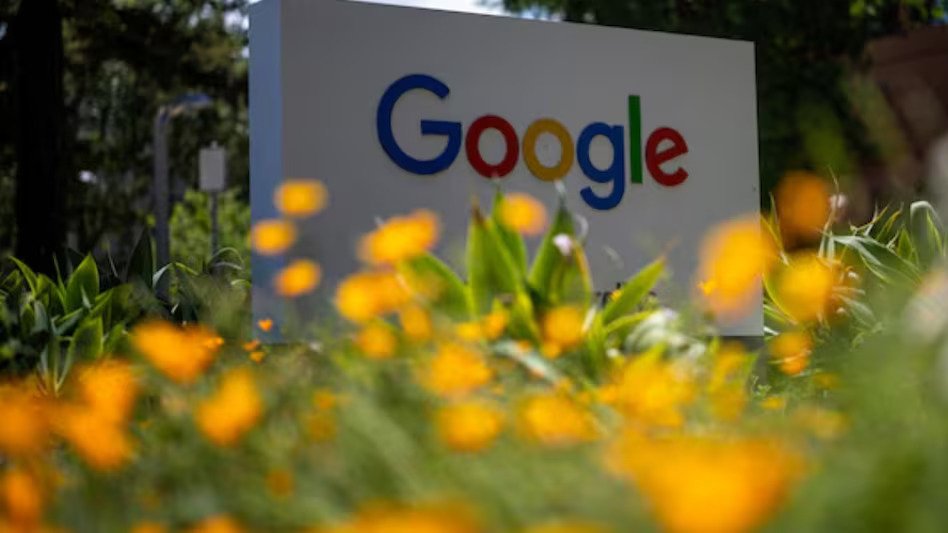EU Hits Google with €2.95 Billion Fine Over Adtech Practices
The European Union has imposed a sweeping €2.95 billion (approx. $3.5 billion) fine on Google for antitrust violations in its ad‑technology operations. But what did the EU Google find exactly? And how has Google responded? Read on to discover the full story, what it means for digital advertising, and whether you need to update your app or business strategy.
What the EU Found
After a formal investigation launched in June 2021, the European Commission concluded that Google abused its dominant position in the ad‑tech ecosystem by favoring its own advertising services, specifically its AdX ad exchange and DFP (DoubleClick for Publishers) ad server. The EU determined that:
- Google’s publisher ad server (DFP) gave preferential treatment to AdX by informing it of competing bids beforehand, skewing auction fairness.
- In Google’s ad‑buying tools, including Google Ads and DV360, the system largely avoided competing ad exchanges and prioritized bids through AdX, reducing competition.
These actions hurt rival ad exchanges, squeezed publishers, raised costs for advertisers, and potentially led to higher prices for end‑consumers. The EU regarded this as a clear case of “self‑preferencing practices” and “inherent conflicts of interest” in the ad‑tech supply chain. The €2.95 billion fine reflects the gravity and duration of these infringements (2014–2025).
What the EU Ordered Google to Do
Google has just 60 days to propose a viable plan to end these anticompetitive practices and resolve the conflicts of interest. If the Commission deems the plan inadequate, it could force Google to divest parts of its ad‑tech business as a structural remedy .
Google’s Response
Google immediately pushed back, calling the decision “wrong” and pledging to appeal the ruling. A spokesperson emphasized that providing services to both ad buyers and sellers is not anticompetitive, and pointed out that there are more alternatives to Google’s tools than ever before :contentReference[oaicite:2]{index=2}. Google also warned that mandated changes could harm thousands of European businesses that rely on its ad‑tech infrastructure.
Why This Matters
This is the fourth major EU antitrust penalty against Google. Previous fines include:
- €2.42 billion (2017) over shopping comparison service favoritism
- €4.34 billion (2018) over Android restrictions
- €1.49 billion (2019) over advertising practices
The latest fine underscores the EU’s renewed push to enforce fair competition in the digital economy. It follows the 2022 Digital Markets Act which aims to curb gatekeeper dominance across Big Tech .
Impact on Advertisers, Publishers & Consumers
- Advertisers: May see more competitive pricing as alternative ad exchanges gain market share.
- Publishers: Could benefit from higher revenue sharing if alternatives replace Google’s preferential setup.
- Consumers: Could enjoy improved content quality or lower subscription costs if publisher revenues recover.
- App Developers & Marketers: Should watch for new ad‑tech partnerships or tools emerging from this shake‑up.
App Download CTA
Stay ahead of ad‑tech changes Download our free ad‑management app to track ad performance across platforms, compare fees, and switch seamlessly to compliant alternatives should Google’s ad‑tech landscape shift.
FAQ
- Q: What exactly did the EU find?
- A: The EU found Google intentionally structured its ad‑tech systems to favor its own services, undermining fair competition and harming publishers and advertisers.
- Q: How much is the fine?
- A: €2.95 billion, equivalent to about $3.5 billion :contentReference.
- Q: What does “self‑preferencing practices” mean?
- A: It refers to systems designed to give preferential treatment to Google’s own ad exchange and tools, disadvantaging rival services during ad auctions.
- Q: Is Google appealing?
- A: Yes, Google has said the decision is unjustified and plans to appeal .
- Q: Could Google be forced to sell parts of its business?
- A: Yes—if Google fails to propose a satisfactory remedy, the EU may require divestiture of parts of its ad‑tech operation.
- Q: What should advertisers do now?
- A: Stay informed, diversify ad‑tech partners, and use tools like our ad‑management app to monitor market shifts and costs.
- Q: How does this fit into EU’s broader antitrust efforts?
- A: This is part of a long-running campaign by the EU to rein in Big Tech dominance—backed by rules like the Digital Markets Act issued in 2022 to ensure fairer markets for gatekeepers like.
Bottom Line
The EU has delivered a landmark ruling €2.95 billion in fines and potential forced structural changes for Google’s ad‑tech dominance. It highlights the EU’s determination to restore fair competition in digital markets. Whether Google adapts voluntarily or is compelled to divest, advertisers and publishers should prepare now for a more open ad‑tech landscape.

